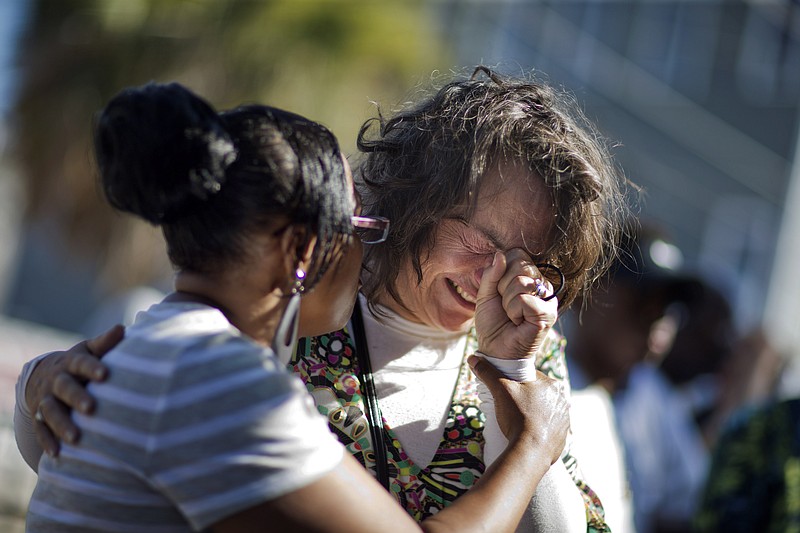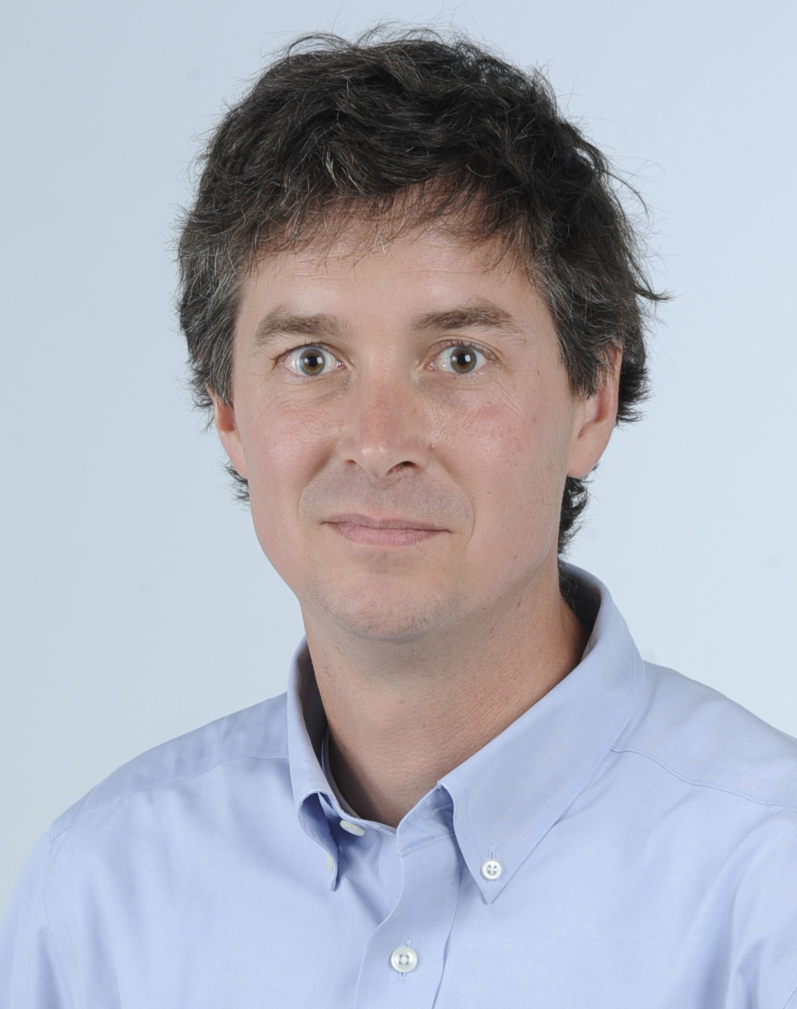The black church has been and will remain one of the most powerful institutions in America. No bullet, no manifesto, no racist intruder can stop it.
Why?
Because it has long contained a power that is greater than violence. Or slavery. Or lynching. Or segregation. Its power is a stronger power. Longer lasting. It is kingly, compared to the small-minded, dirty violence of handguns and racism.
If violence is a shriek, its power is the greater, choral response.
Read more
South Carolina's governor calls for Confederate flag to come down
The black church has always demonstrated this in ways the American white church hasn't. (And can't until it finds itself on the side of the oppressed.)
It is not a normal form of power, like a strong economy or fleet of battleships. It is not the type of power that politicians court. It is not Trumpian. It is not best-selling.
It is a spiritual form of power, which means it plays by different rules.
It originates and begins from a place of defeat. It is a power that emerges out of slavery and oppression. It is a power that is precisely found within powerlessness.
It is a power that always welcomes the stranger.
It operates by an upside-down value system that makes no sense in the eyes of the world. The last go first. The weak are strong. Victory is found in defeat.
And enemies are to be forgiven.
I'm describing, of course, the Gospel, which is not black or white. Yet in our nation's history, our best models of Gospel power have usually originated within the black church. This is not because of color - God doesn't prefer blacks over whites - but because of position. God does prefer, or side with, the powerless over the powerful, which means in the long view of American spirituality, the Gospel has best located itself within the black church.
"That's what God is," said theologian James Cone. "Power in the powerless."
Several years ago, Cone began speaking about the connection between the Christian cross and the lynching tree.
Both were symbols of torture and state violence.
Both were symbols of defeat and death.
Yet both were overcome.
"There is a humanity and spirit that nobody can kill. And as long as you know that, you will resist. That was the power of the civil rights movement," Cone told PBS's Bill Moyers. "That was the power of those who kept marching even though the odds are against you. How do you keep going when you don't have the battle tanks, when you don't have the guns? When you don't have the military power? When you have nothing? How do you keep going? How do you know that you are a human being? You know because there's a power that transcends all of that."
The shootings in Charleston's Emanuel African Methodist Episcopal Church were a form of lynching which means they were also a form of crucifixion.
Yet they do not have the last word. This is the good news, and the black church in America has long understood this because it has long endured and experienced this.
Please, hear me - I say this with love. I worship with white Christians, have suffered and prayed alongside white Christians, and seen the loving face of God through the friendship of white Christians. And the white church has been a force of immeasurable good in the world.
But something about the news out of Charleston reminded me that white Christians have much to learn from black Christians. If Dylann Roof wandered into that congregation armed with hate, we should also walk in, asking for fellowship, counsel and guidance on how to build the beloved community.
How can we find the power that transcends violence?
How can we find the power that encourages forgiveness?
How can we find the power that is victorious in the face of defeat?
Contact David Cook at dcook@timesfreepress.com or 423-757-6329. Follow him on Facebook at DavidCookTFP.

